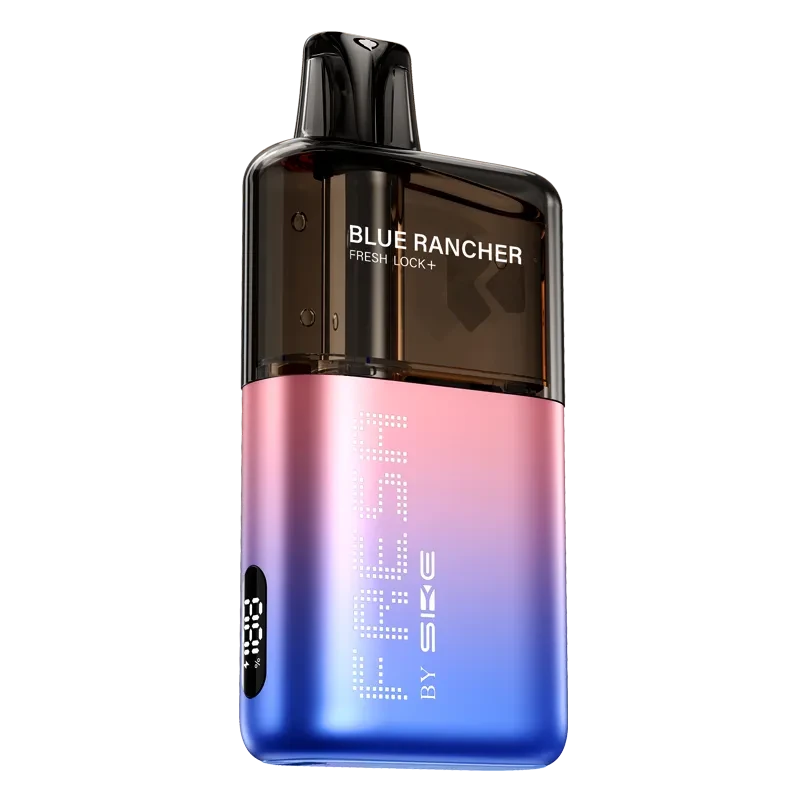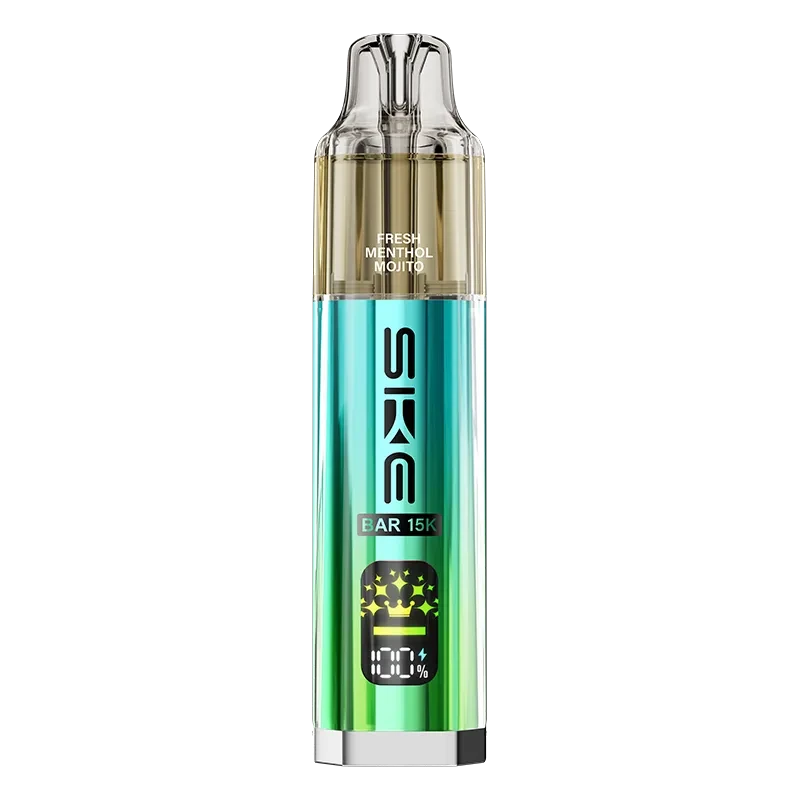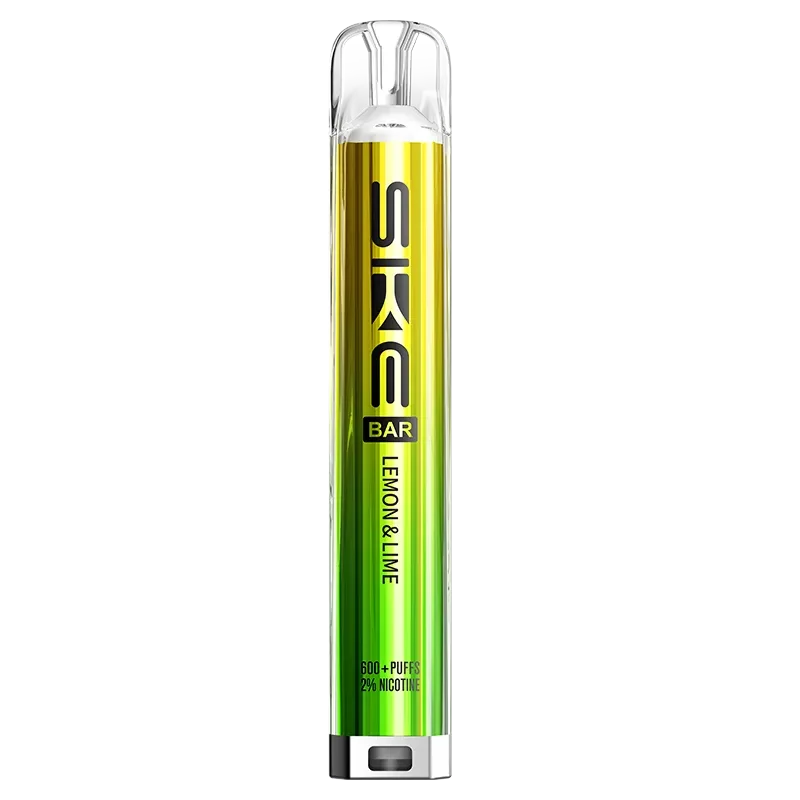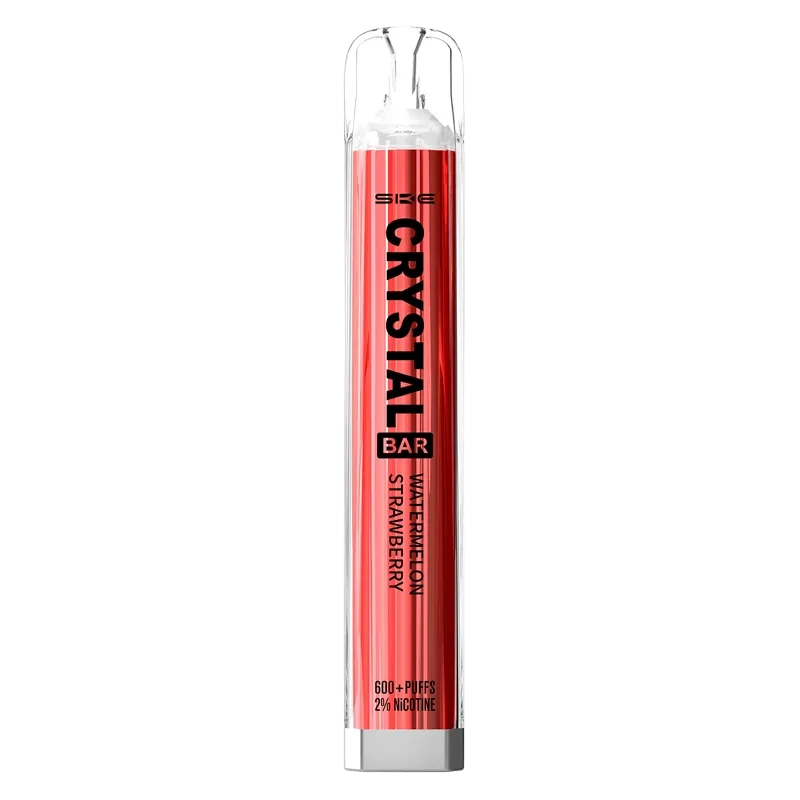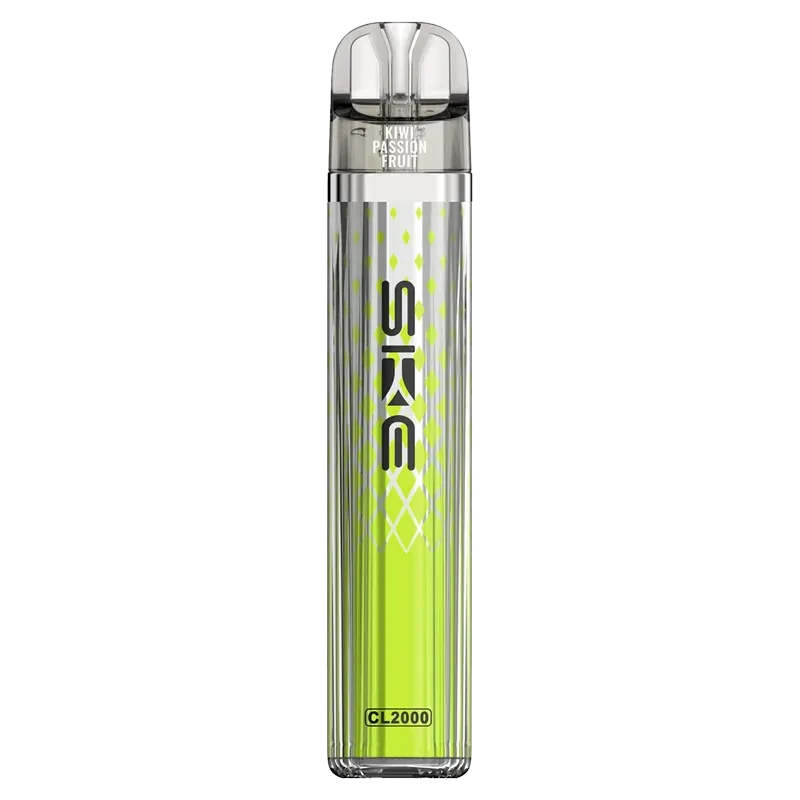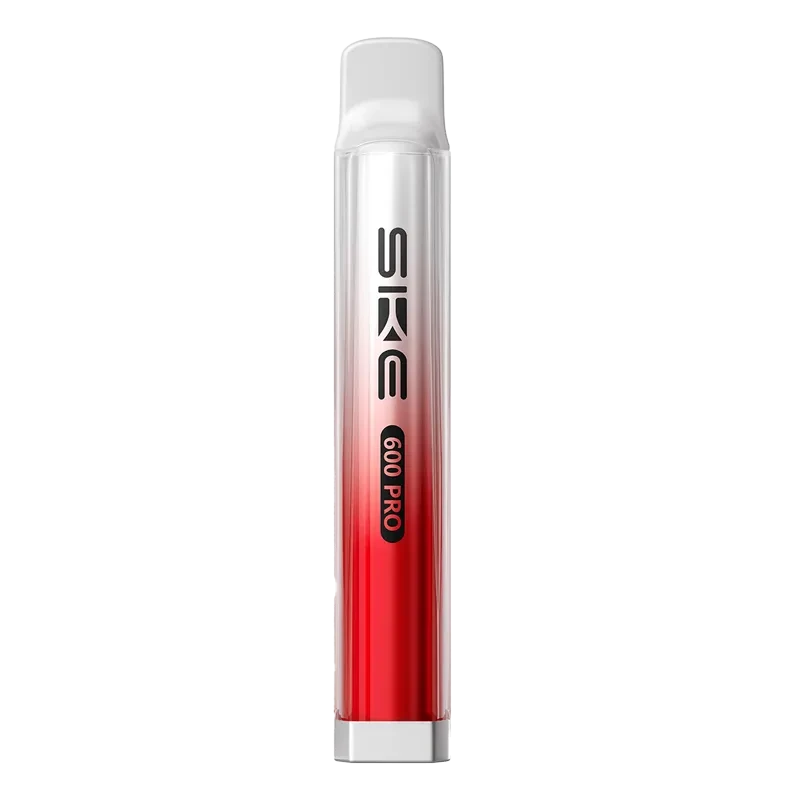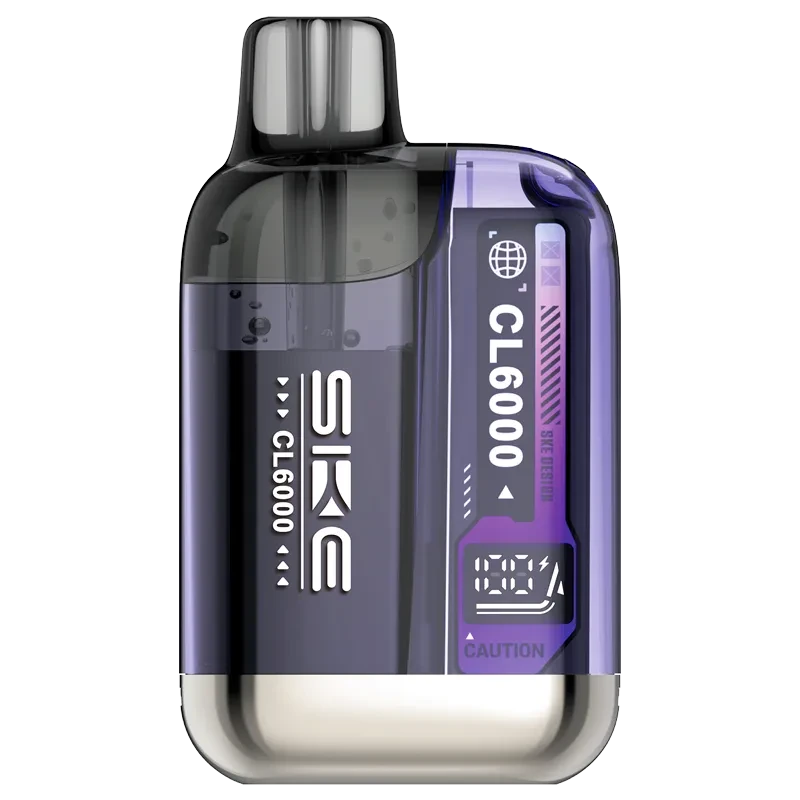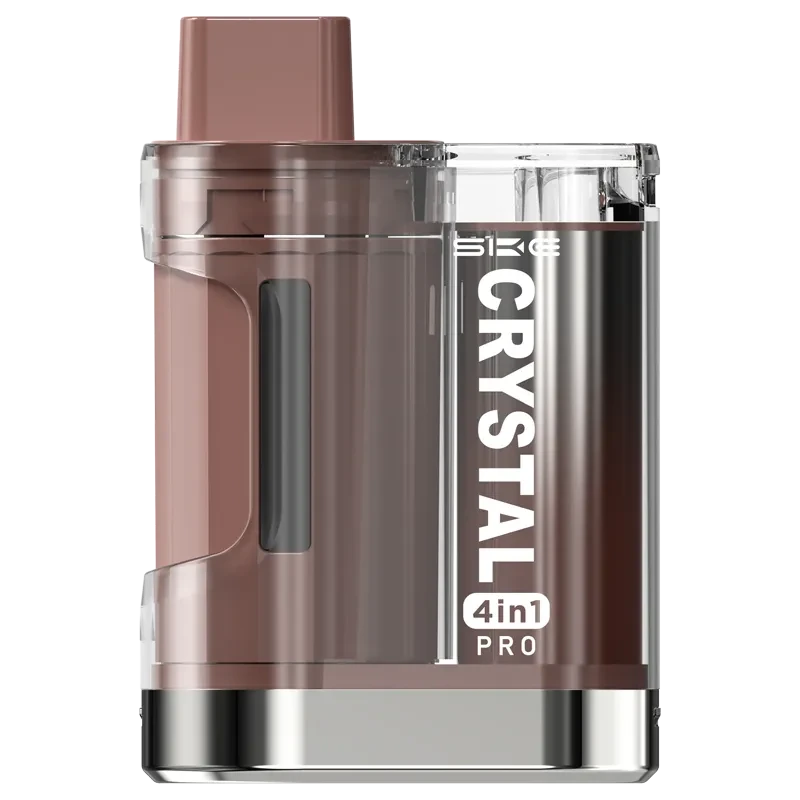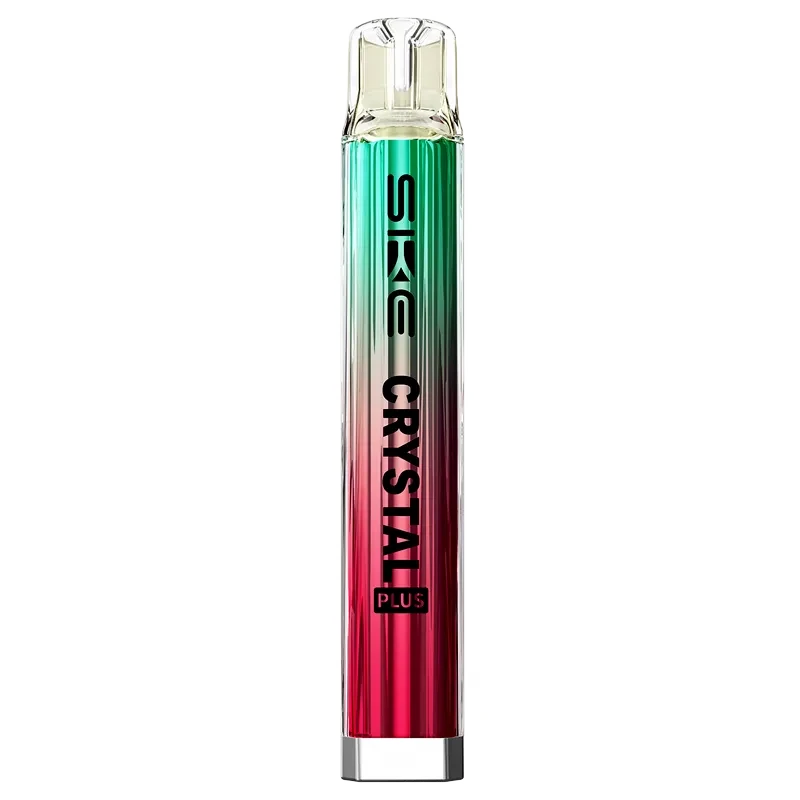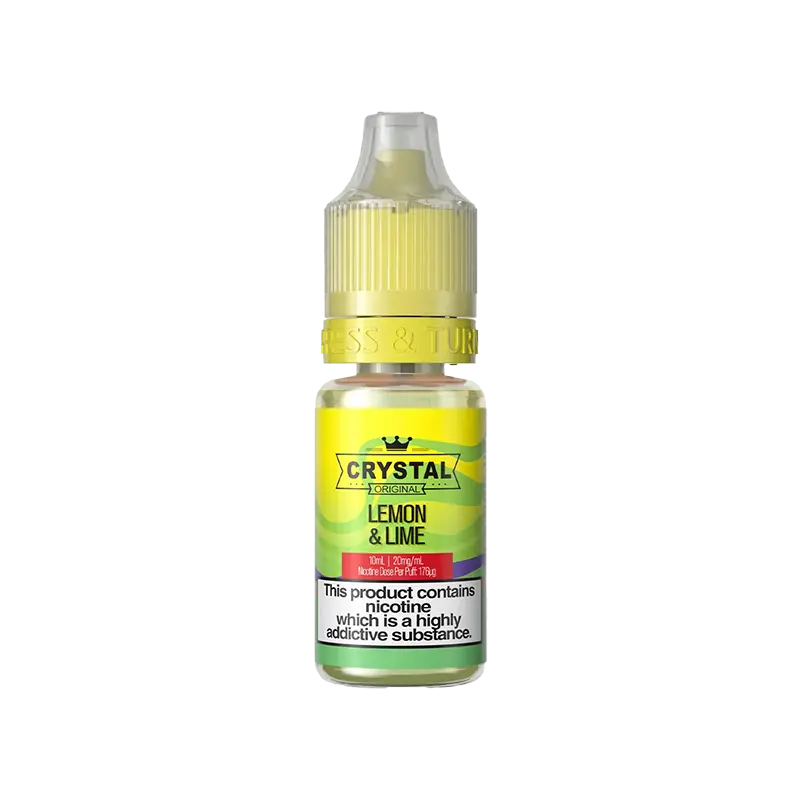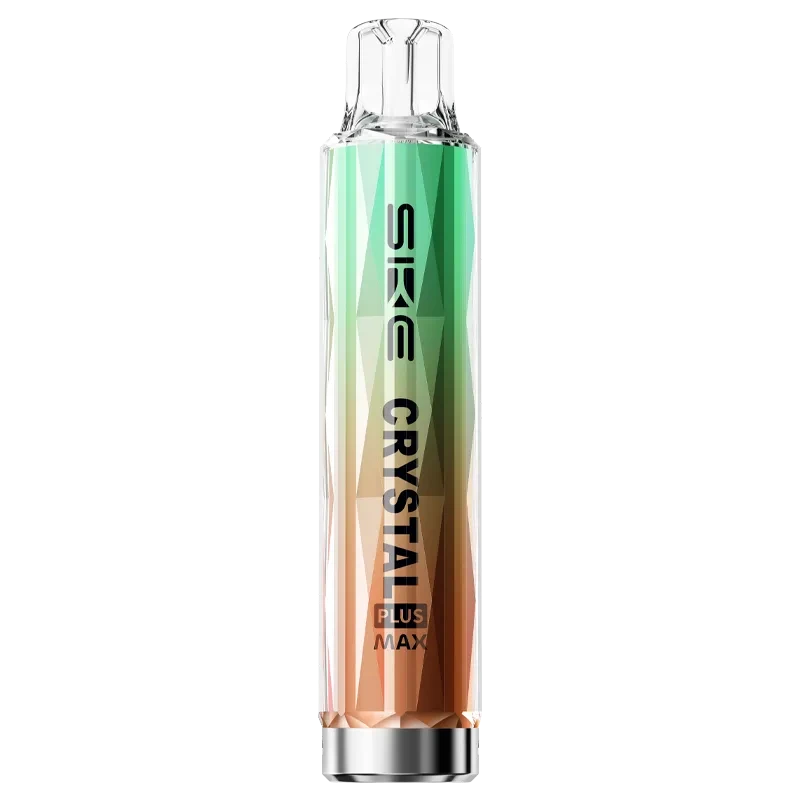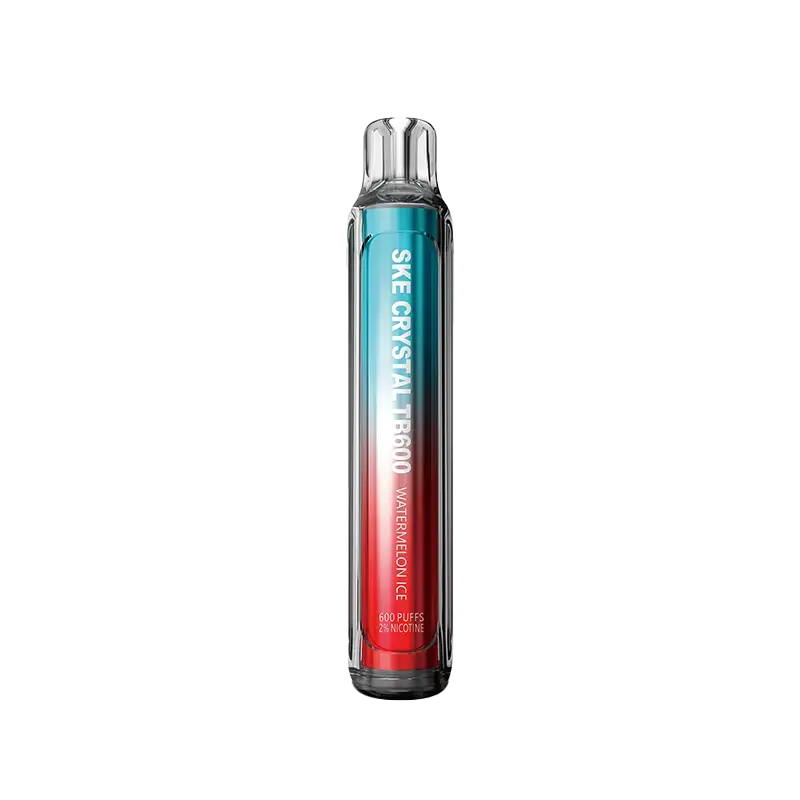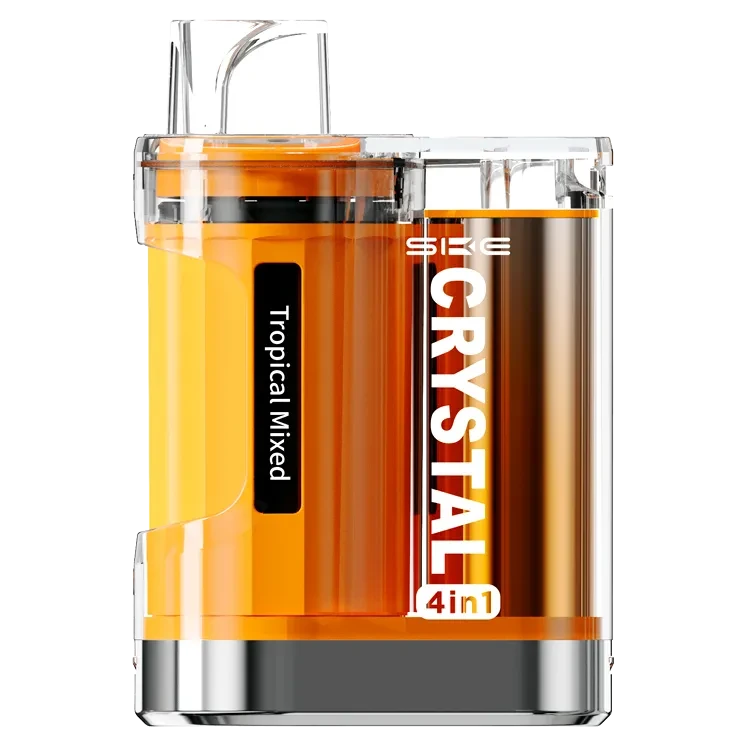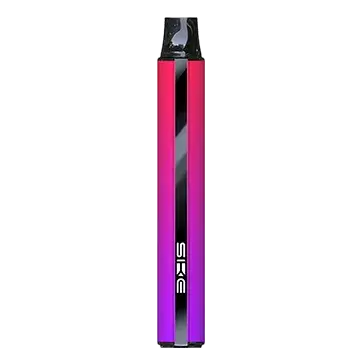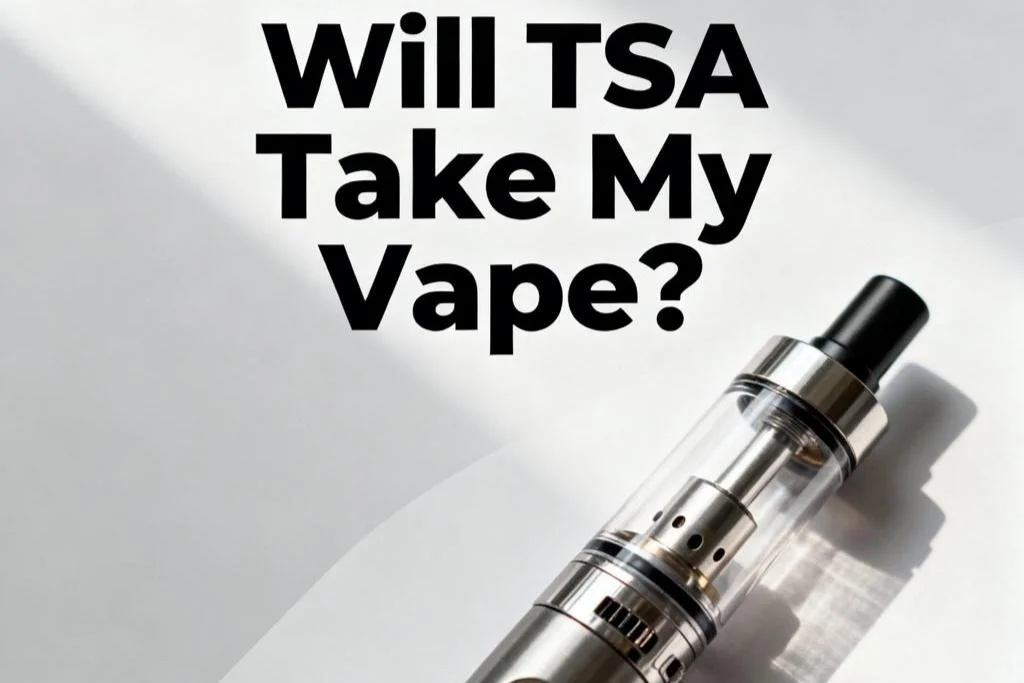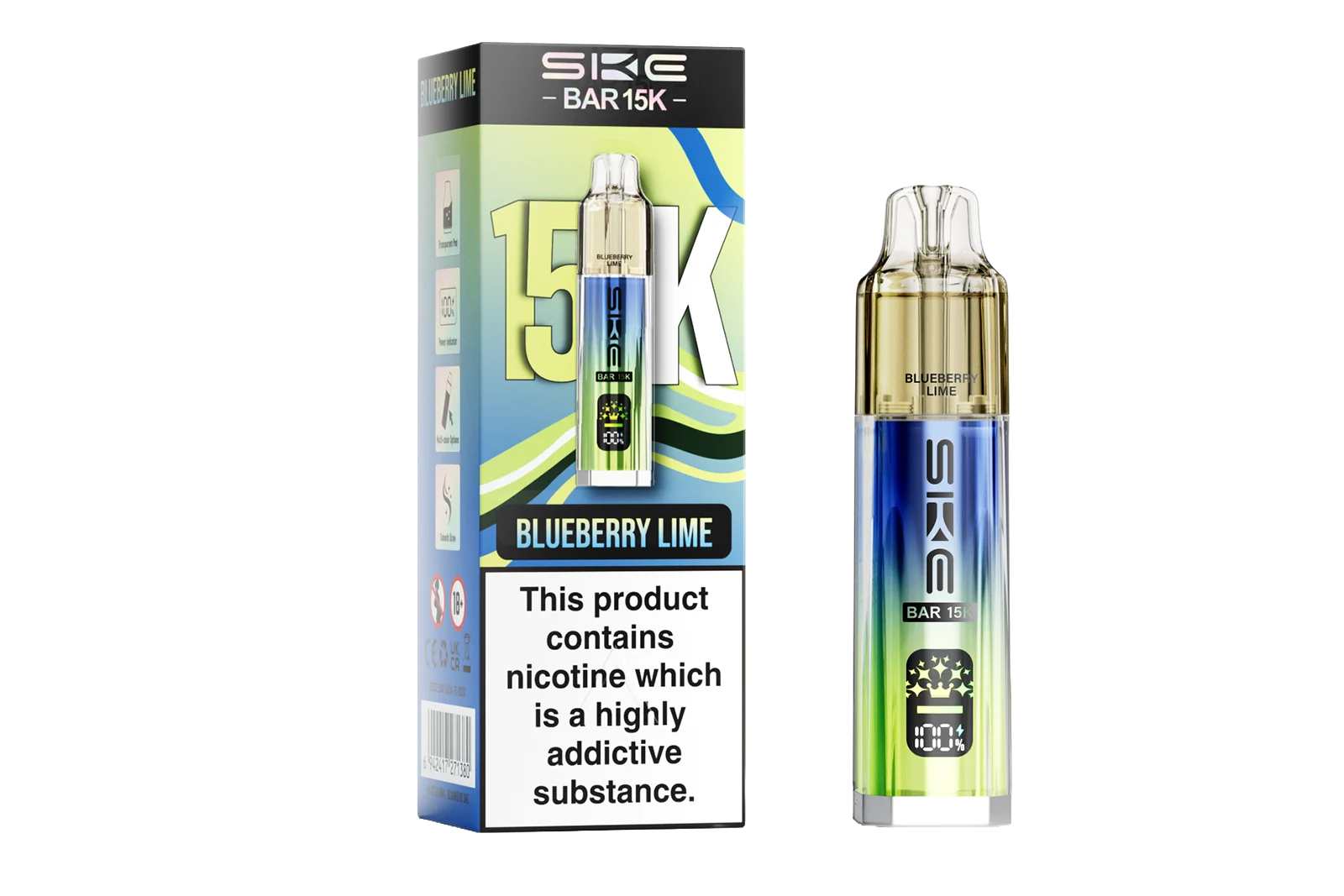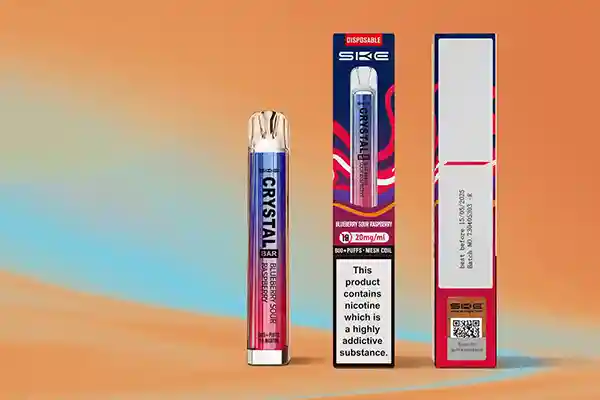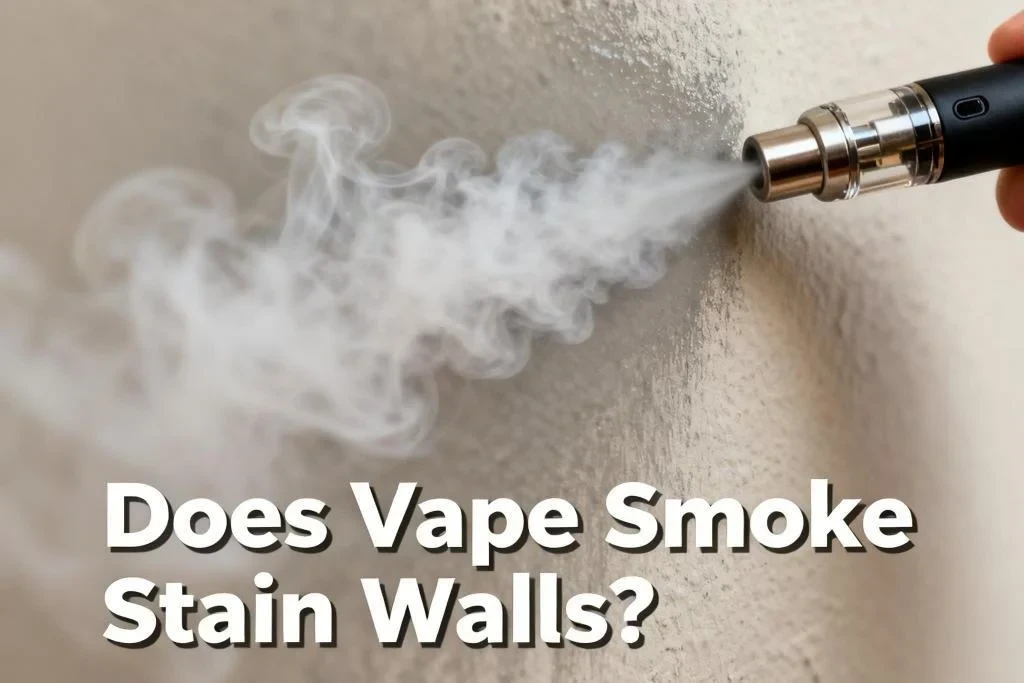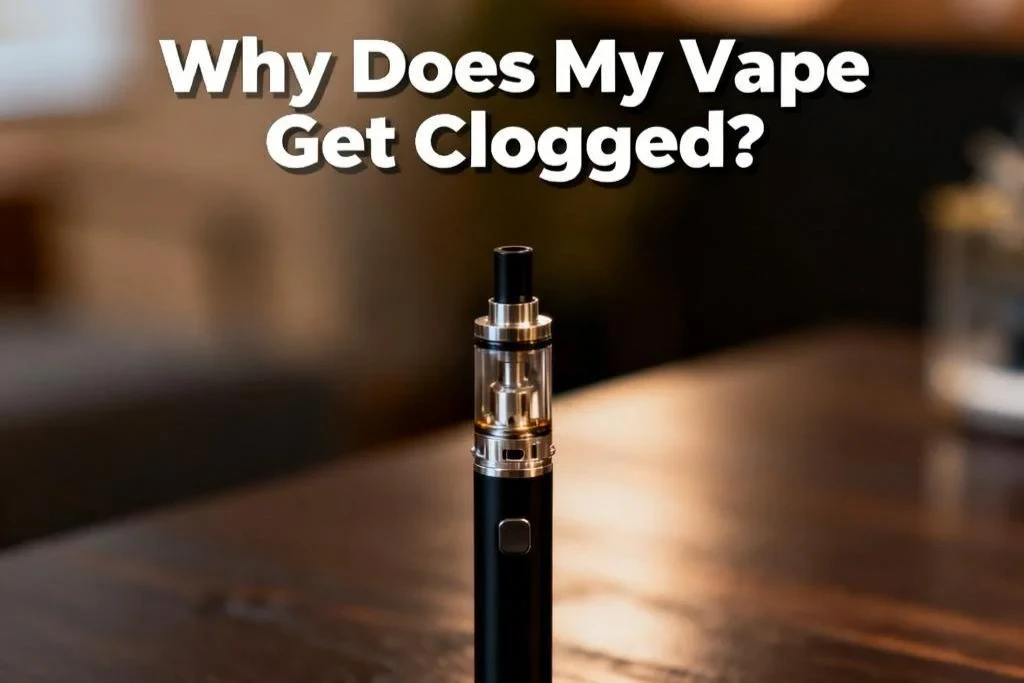DOES VAPING CAUSE DEHYDRATION? INSIGHTS AND SOLUTIONS
Are you constantly reaching for a glass of water after a vaping session? Many enthusiasts often ask, "Does vaping cause dehydration?" It's a valid question that sparks much debate among the vaping community. In this article, we will unravel the truth behind vaping and dry mouth, offer insights into how vaping compares to traditional cigarettes in terms of body hydration, and explore actionable advice on preventing dehydration while vaping.

Does Vaping Cause Dehydration?
To answer the question directly: yes, vaping can indeed lead to dehydration. The nature of the vape liquids and hydration levels in your body are more interconnected than one might initially think. The primary components of e-juice are hygroscopic, meaning they absorb water from their surroundings, including the moisture within your mouth and respiratory system, which can contribute to vaping dry mouth and dehydration.
Then, what are the symptoms of being dehydrated? The most common signs include a strong sense of thirst, a dry or sticky feeling in the mouth and throat, and darker-than-usual urine, often amber or dark yellow, with a stronger odor. You might also experience fatigue, weakness, or dizziness, especially when standing up quickly. Headaches are another frequent symptom, as dehydration affects the balance of fluids and electrolytes in the body. Additionally, dehydration can cause dry skin and chapped lips, reduced urine output, and a rapid heartbeat as the body tries to compensate for the lack of fluids.
Does Vaping Dehydrate You More Than Cigarettes?
The short answer is no. Smoking cigarettes tends to cause more intense dehydration compared to vaping.
Cigarettes contain numerous harmful chemicals, including tar, which significantly impair the body’s ability to retain moisture. These substances damage the respiratory system and decrease saliva production, further exacerbating dehydration.

Why Does Vaping Cause Dehydration?
The dehydration caused by vaping is influenced by:
1. Propylene Glycol and Dehydration
Propylene glycol (PG) is a base ingredient in many vape juices and is, known for its hygroscopic properties, which means it absorbs water from its immediate environment. When inhaled, PG draws moisture from the mouth, throat, and lungs, leading to the common sensation of dryness experienced by many vapers, contributing significantly to dehydration.
2. Vegetable Glycerin's Contribution
Similarly, vegetable glycerin (VG), while slightly less hygroscopic than PG, also attracts water molecules. VG is thicker and produces a denser vapor, which can enhance dehydration by drawing additional moisture from the mucous membranes. The higher the VG ratio in the e-liquid, the more substantial the moisture loss can be, especially during intensive vaping sessions.
3. Impact of Nicotine on Hydration
How does nicotine cause dehydration? To understand this, we must examine how nicotine triggers a series of physiological responses that accelerate fluid loss.
Nicotine's Effect on Cardiovascular Activity and Fluid Loss
When nicotine enters the bloodstream, it causes an immediate increase in heart rate and blood pressure. The elevated cardiovascular activity results in a higher breathing rate, which, in turn, leads to greater moisture loss through respiration. As you breathe faster, more water vapor is expelled from the lungs, gradually depleting the body's overall hydration levels.
Nicotine's Contribution to Oral Dryness
Nicotine also impacts the salivary glands, inhibiting saliva production and contributing to oral dryness. Saliva is essential for maintaining moisture in the mouth and throat, and when its production decreases, it leads to dryness and discomfort while also triggering the body to draw water from other areas to make up for the loss, further accelerating dehydration.
This process can be likened to a cascading effect, where each step of nicotine's influence contributes to a progressive reduction in the body's available moisture. The lack of adequate saliva also increases the risk of throat irritation, making inhaling vapor less smooth and more abrasive over time.
Nicotine and Vasopressin: Disrupting Water Retention
Nicotine also interferes with the body's hormonal regulation of fluids, particularly affecting vasopressin — also known as the antidiuretic hormone (ADH) that helps regulate water retention by signaling the kidneys to conserve water and concentrate urine. Nicotine disrupts the release of vasopressin, reducing the body's ability to retain water efficiently, causing increased urination and, consequently, a higher rate of fluid loss.
4. Vapor Exhalation and Moisture Loss
Resembling breathing in cold weather, exhaling vapor means expelling moisture from the body. Regularly blowing out large clouds of vapor can result in a noticeable reduction in hydration over time, as each exhalation carries away water vapor that would otherwise remain in the body.
5. High Wattage and Frequent Use
The dehydration potential increases with the intensity and frequency of vaping. High-wattage devices with more vapor production can exacerbate moisture loss because they vaporize more e-liquid per puff, increasing the amount of PG and VG inhaled and, consequently, the moisture absorbed from the body.

How to Stay Hydrated While Vaping?
Staying hydrated is crucial for maintaining an enjoyable vaping experience. Here’s a step-by-step guide to help you stay hydrated while enjoying your vape.
Step 1: Understand Your Hydration Needs
Before adjusting your habits, know how much water you should drink daily. The general recommendation is about 8-10 glasses of water a day, but this can vary based on your personal health, lifestyle, and the extent of your vaping.
Step 2: Increase Your Water Intake
- Schedule Regular Water Breaks: Set alarms or reminders on your phone or use a hydration tracking app to remind you to drink water regularly throughout the day. Aim to drink a glass of water every 1-2 hours.
- Drink After Vaping: Remember to hydrate by taking one or two sips of water after each vaping session to replenish lost moisture promptly.
Step 3: Optimize Your Vaping Setup
- Select Appropriate E-Liquids: Choose e-liquids with a higher VG to PG ratio to reduce dehydration, as VG is less drying than PG.
- Adjust Your Device Settings: Use lower wattage settings to produce less vapor, which can help reduce the dehydration effect. Also, consider using devices with adjustable airflow to control vapor intake.
Step 4: Recognize and Respond to Early Signs of Dehydration
Be aware of dehydration symptoms such as dry mouth, dizziness, tiredness, and dark-colored urine. If you notice these signs, increase your water intake immediately.

Step 5: Integrate Hydrating Foods into Your Diet
- Eat Water-Rich Foods: Incorporate fruits and vegetables like watermelon, strawberries, cucumber, and lettuce into your diet to provide hydration and essential nutrients.
- Avoid Dehydrating Foods and Drinks: Limit intake of caffeine and alcohol, which can further dehydrate your body. If you do consume these, increase your water intake to compensate.
Step 6: Balance Your Electrolytes
Incorporate electrolyte-rich drinks into your routine, especially if you vape frequently. Options include sports drinks, coconut water, or even homemade electrolyte drinks (a mix of water, salt, and a sugar source like honey).
Step 7: Create a Conducive Vaping Environment
Set Up a Hydration Station: Keep a dedicated water bottle or hydration pack wherever you vape to remind yourself to stay hydrated with each vaping session.

In conclusion, the question of "Does vaping cause dehydration" is answered with a yes, but it is manageable with the right strategies. By understanding the hygroscopic properties of vaping ingredients, recognizing dehydration symptoms early, and adjusting your water intake accordingly, you can effectively mitigate the dehydration effects of vaping.
TABLE OF CONTENTS
- Does Vaping Cause Dehydration?
- Does Vaping Dehydrate You More Than Cigarettes?
- Why Does Vaping Cause Dehydration?
- 1. Propylene Glycol and Dehydration
- 2. Vegetable Glycerin's Contribution
- 3. Impact of Nicotine on Hydration
- Nicotine's Effect on Cardiovascular Activity and Fluid Loss
- Nicotine's Contribution to Oral Dryness
- Nicotine and Vasopressin: Disrupting Water Retention
- 4. Vapor Exhalation and Moisture Loss
- 5. High Wattage and Frequent Use
- How to Stay Hydrated While Vaping?
- Step 1: Understand Your Hydration Needs
- Step 2: Increase Your Water Intake
- Step 3: Optimize Your Vaping Setup
- Step 4: Recognize and Respond to Early Signs of Dehydration
- Step 5: Integrate Hydrating Foods into Your Diet
- Step 6: Balance Your Electrolytes
- Step 7: Create a Conducive Vaping Environment
